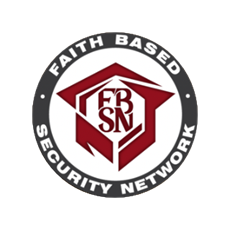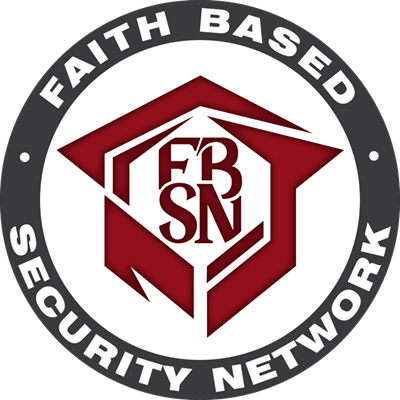Think About it -- Becoming Thermostats in a Thermometer World
Thank you to FBSN member Warren Wells for writing this week’s TAI.
In faith-based security operations, the need for a proactive, controlled approach is paramount. Security is too often like thermometers, merely reacting to external stimuli. Consider the improved perspective of transforming into thermostats; not only gauging temperatures but actively controlling and maintaining the environment. This mindshift can be a game-changer.
Like thermometers, reactive security reads existing conditions. It responds to incidents based on conditions. While that will always be part of the security picture, it alone doesn’t exhibit security excellence.
Thermostats set and maintain a desired temperature. Similarly, faith-based security operators can take charge of their security landscape by adopting a proactive and strategic approach.
Here are key steps in the transition from thermometer to thermostat:
Risk Assessment
Thermostats don't wait for the room to get too cold or hot; they preemptively adjust to maintain the desired temperature. Security operators should conduct comprehensive risk assessments. Identify potential vulnerabilities, assess the likelihood of various threats, and prioritize security measures.
Strategic Planning and Preparedness
Thermostats have preset programs to maintain consistent temperatures. We should have strategic plans in place. Establish protocols for various scenarios, conduct drills, and ensure the security team is well-prepared to handle any situation. This proactive approach softens impacts of unforeseen events.
Continuous Monitoring and Adaptation:
Thermostats continuously monitor the environment and adjust as needed. We should adopt a similar mindset, employing technology and personnel to monitor potential threats in real time. This allows for swift adaptation to changing circumstances and ensures a proactive response to emerging risks.
Community Engagement and Education
Unlike independently operating thermometers, thermostats consider the entire environment. We must engage with and educate our communities. Building a culture of awareness and vigilance within the staff, congregation and neighboring organizations enhances overall security.
Investment in Technology and Training
Thermostats are equipped with advanced technology to regulate temperature efficiently. We should invest in cutting-edge technologies and provide continuous team training. That enhances the effectiveness of security measures and ensures a dynamic response capability.
Think About it
This analogy of thermometer vs. thermostat is a reminder for faith-based security operators. While reacting to immediate threats remains crucial, taking control of the security environment by being proactive and strategic improves readiness. By adopting a thermostat mentality, we can lead our faith-based organizations to a safer and more secure future.
It's not just about measuring the temperature; it's about actively controlling it for the well-being of the entire community.
Related Content





Comments